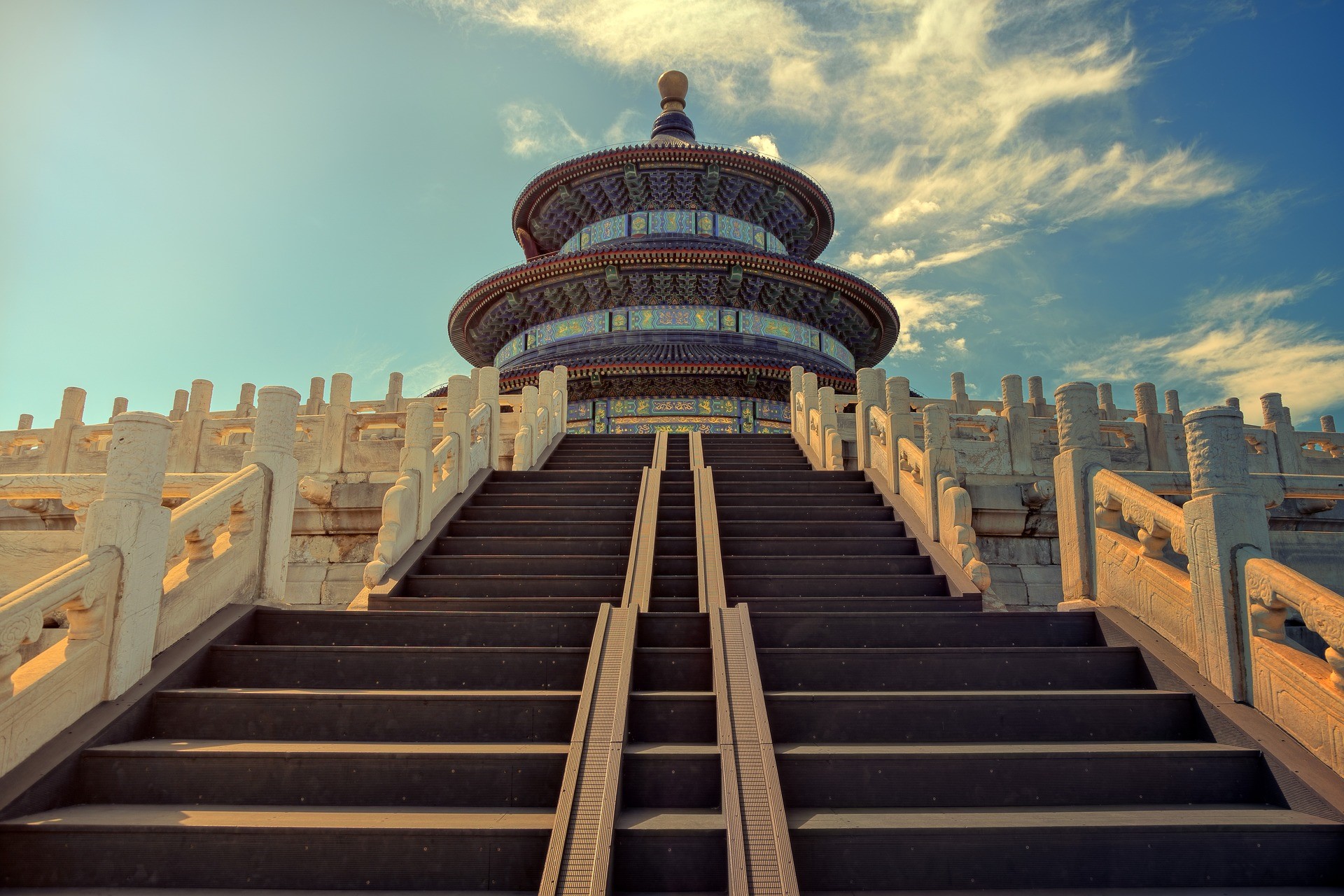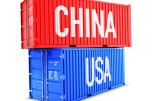State Street: Economic Parallels - Is China the next Japan?
State Street: Economic Parallels - Is China the next Japan?

State Street explores to which extend China is facing a similar deflationary fate as Japan in the 1980s/90s.
China’s weak economic recovery since the pandemic has raised questions about the country’s growth model. As the world’s second-largest economy, China’s fate has profound implication for global markets.
Until now, China had adopted and perfected the East Asian growth model and risks following a similar path to Japan until the early 1990s when its economy fell into a deflationary trap. Similarities between Japan in the 1980s/1990s and contemporary China abound, notably around high debt levels, weak domestic demand, worsening demographics and difficult external trade relations.
State Street finds that China indeed shares many of the characteristics of 'Japanification', but also possesses many strengths to offset a similar trajectory, which has plagued Japan’s economy for decades.
China’s advantages compared to Japan in the 1980s/90s:
- China has a higher degree of monetary policy autonomy and limited risk of currency appreciation effects from changes in the hegemonic USD compared to those of Japan
- China has stricter capital control of both the asset and liability sides of the debt problem compared to Japan
- China has a lower urbanization ratio and GDP per capita compared to Japan
- China’s lower GDP per capita gives the Chinese economy a higher potential growth rate than Japan
China’s disadvantages compared to Japan in the 1980/90s:
- China has a higher policy uncertainty than Japan
- China has experienced a more pronounced poverty boom than in Japan
- Unlike the US-Japan trade dispute in the 1980s, present-day US-China strategic competition goes well beyond trade, touching upon national security, health, technology, energy and international affairs
The research team concludes that government authorities in China have the resources to launch ha credible proactive policy response to lift near-term growth expectations, as well as the ability to institute structural reforms to balance the demographic transition and property sector drag. Investors will be watching for those signals to be assured that Japanification will be averted.
However, 'even with successful policy implementation, the disconnect between local and central governments and the tense relationship with the US may render a complete avoidance of Japanification nearly impossible. Regardless of whether China follows or avoids de fate of Japan in the 1980s/90s, the nation tomorrow will be different from the China we have seen in the past two decades, warranting a closer look into its impact on the global economy going forward', Ramu Thiagarajan, Senior Investment Advisor at State Street, says.








